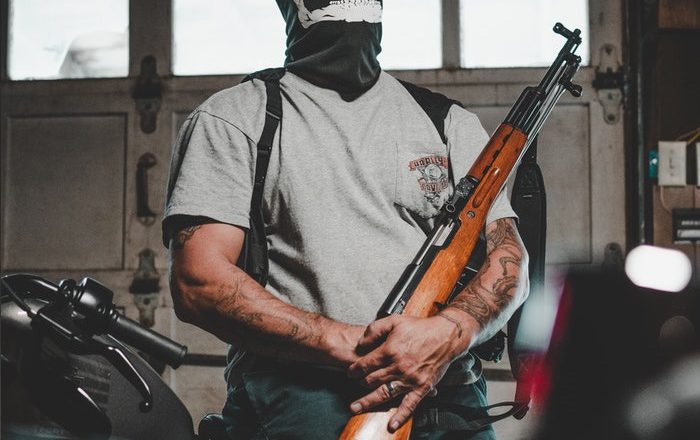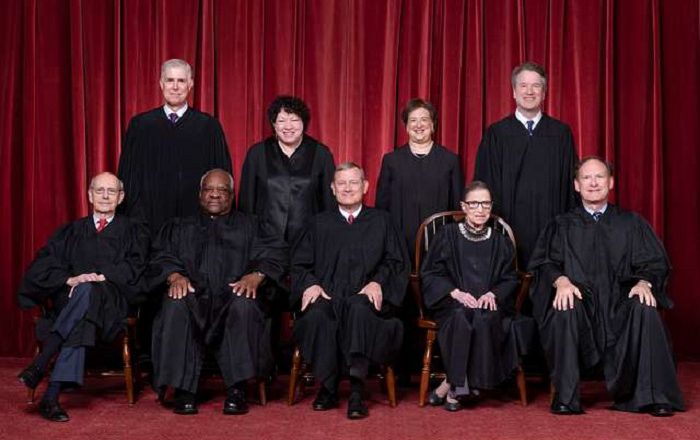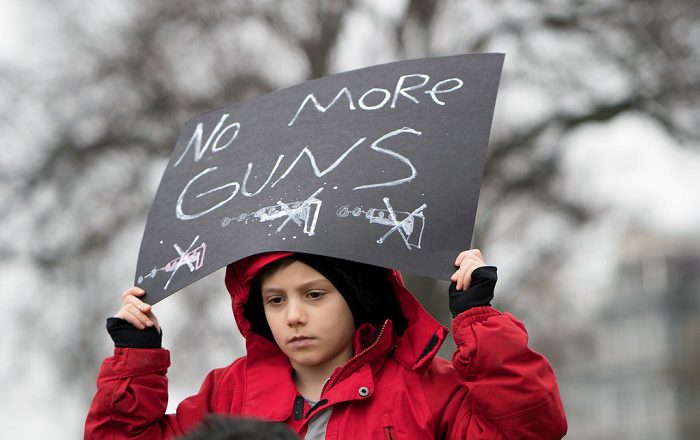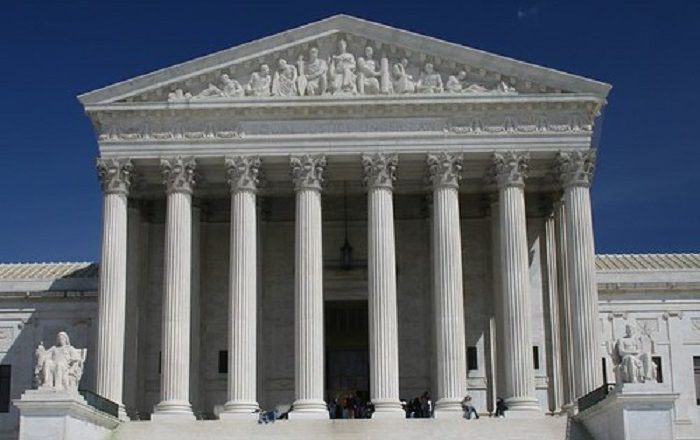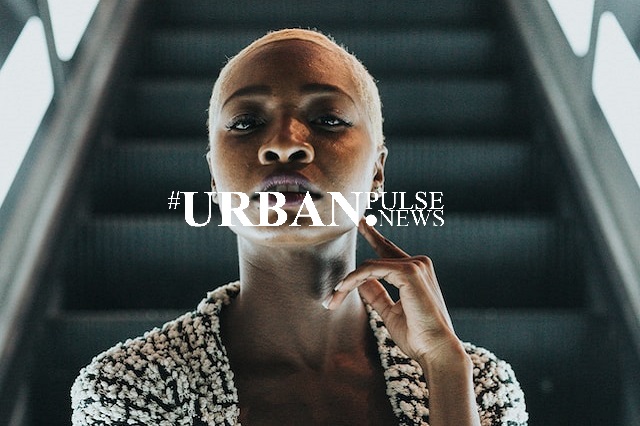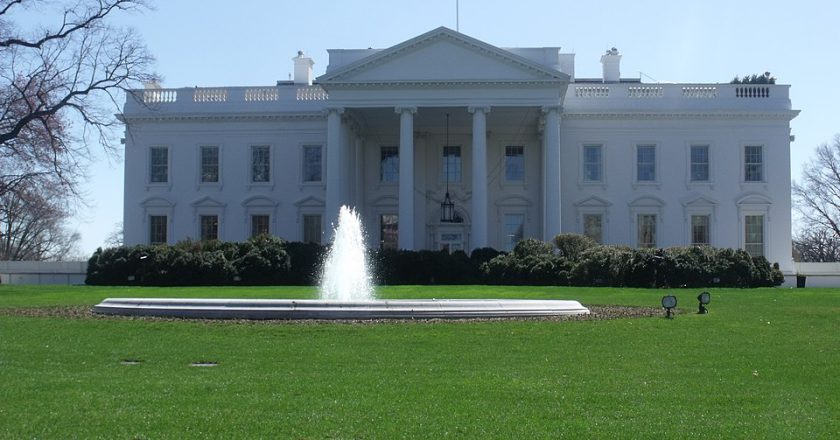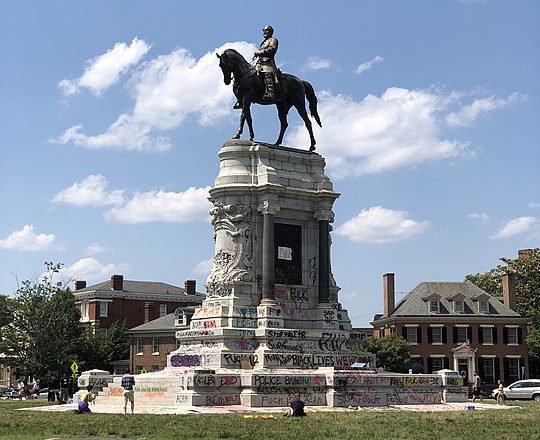Justices At The Supreme Court Will Consider Gun Rights – If The Fundamental Right To Keep A Gun At Home Applies To Carrying Weapons In Public
Morgan Marietta, University of Massachusetts Lowell
The Supreme Court is set to hear arguments Nov. 3, 2021, on a clear question: Does the constitutional right to possess a gun extend outside the home? The answer may alter gun regulations in many states.
The crux of the issue before the court is captured by a debate that Thomas Jefferson had with himself at the time of the founding.
When Jefferson was drafting a proposed constitution for his home state of Virginia in June 1776, he suggested a clause that read “No freeman shall ever be debarred the use of arms.”
In the second draft, he added in brackets, “[within his own lands or tenements].”
Jefferson’s debate with himself captures the question posed to the court: Is the purpose of the right to “keep and bear arms” the protection of a...

